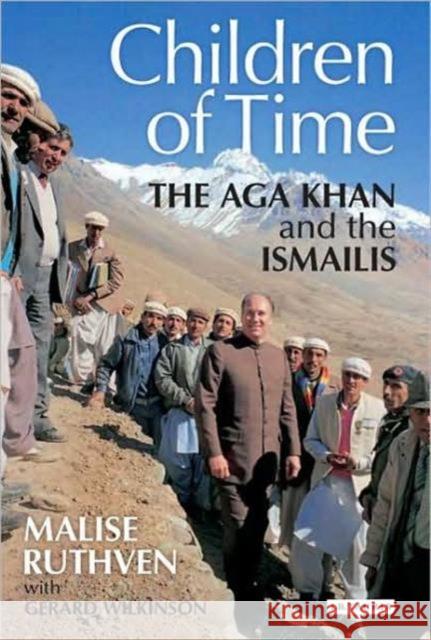The Children of Time : The Aga Khan and the Ismailis » książka
The Children of Time : The Aga Khan and the Ismailis
ISBN-13: 9781845117221 / Angielski / Twarda / 2019 / 408 str.
From highland peasant farmers in Central Asia to Canadian industrialists, South Asian businessmen and Europe-based scholars, the Nizari Ismailis are one of the Muslim world's most diverse Shi'a communities. With adherents living in more than twenty-five countries in Central Asia, South Asia, the Middle East, Europe and North America, they embrace peoples of widely different ethnic and linguistic backgrounds. The spiritual leadership of this highly dynamic community has in recent generations come to be known as the ""Aga Khan."" This book, which coincides with the fiftieth anniversary of the present Aga Khan's succession as Imam, or spiritual leader, of the Ismailis, assesses the achievements of his ""Imamat"" in modernizing the communities' institutions and creating one of the world's leading development agencies, the Aga Khan Development Network. Chapters on Ismaili history and theology explain how Ismaili interpretations of Islam under the Fatimid Caliphs (909-1171) and their immediate successors laid the intellectual foundations for the reforms instituted by the present Imam and his immediate predecessor Aga Khan III (1885-1957), the international statesman and leader of India's Muslims prior to World War II. Chapters on the Imamat of Aga Khan IV focus on achievements in architecture, conservation, health, education, rural development, and economic development, showing how his vision for the community and the network it sustains through charitable contributions is providing concrete, constructive solutions to problems of poverty, illiteracy, the status of women, and institutional under-development in Africa and Asia, including regions devastated by war, drought, malnutrition, government instability and high levels of seismic activity. The first study of the contemporary Ismaili community to have been authorized by the Harvard-educated Aga Khan, this book shows how a religious tradition rooted in a medieval theology that regarded 'aql - intellect - as a primary aspect of divinity has succeeded in embracing the modern world without loss of faith or cultural identity.











